Canada has steadily built a global reputation rooted in stability, progress, and inclusion. At a time when many countries grapple with political unrest, environmental crises, or social division, Canada offers a compelling alternative. Its democratic institutions are strong, its economy is resilient, and its policies reflect a forward-thinking approach to equity, sustainability, and innovation. Here are 25 reasons why Canada is uniquely positioned to lead on the world stage.
Stable Democratic Institutions

Canada’s democracy is consistently ranked among the most stable and effective globally. With regular, free elections, an independent judiciary, and a transparent parliamentary system, Canada offers a governance model that is trusted by its citizens and admired abroad. The country’s political framework ensures checks and balances, allowing peaceful power transitions. Civic engagement remains high, with voter turnout often surpassing that of many Western democracies. Political institutions function with minimal interference, and corruption levels remain low.
Strong International Alliances
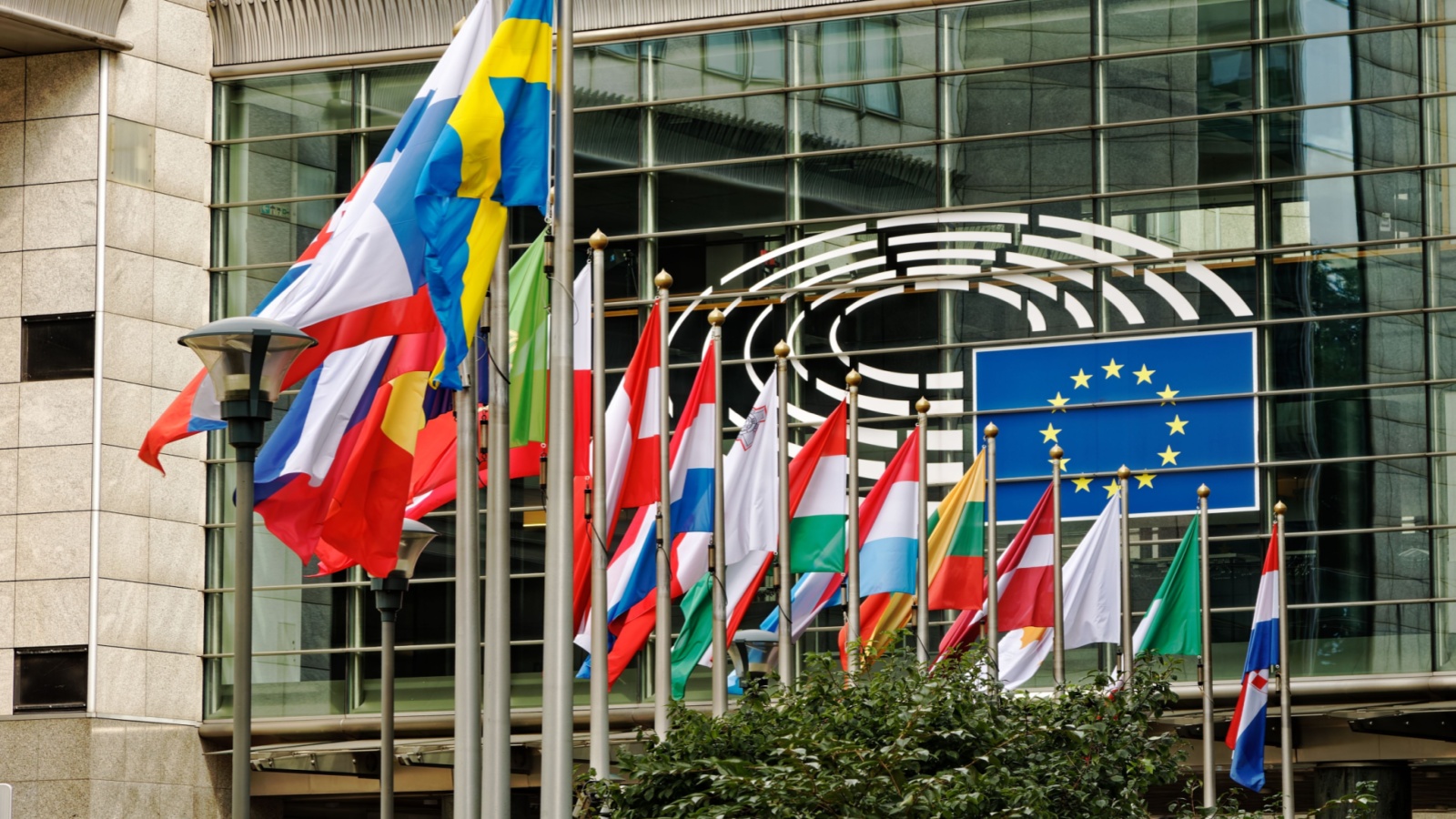
Canada is deeply embedded in major global alliances, including NATO, the G7, the G20, and the United Nations. These memberships give Canada a powerful voice in shaping international policies and crisis responses. Its relationship with both the United States and the European Union ensures access to strategic trade, security, and diplomatic platforms. Through NORAD, Canada also plays a critical role in continental defense. These partnerships reinforce Canada’s global influence while positioning it as a bridge between nations.
Commitment to Multilateralism
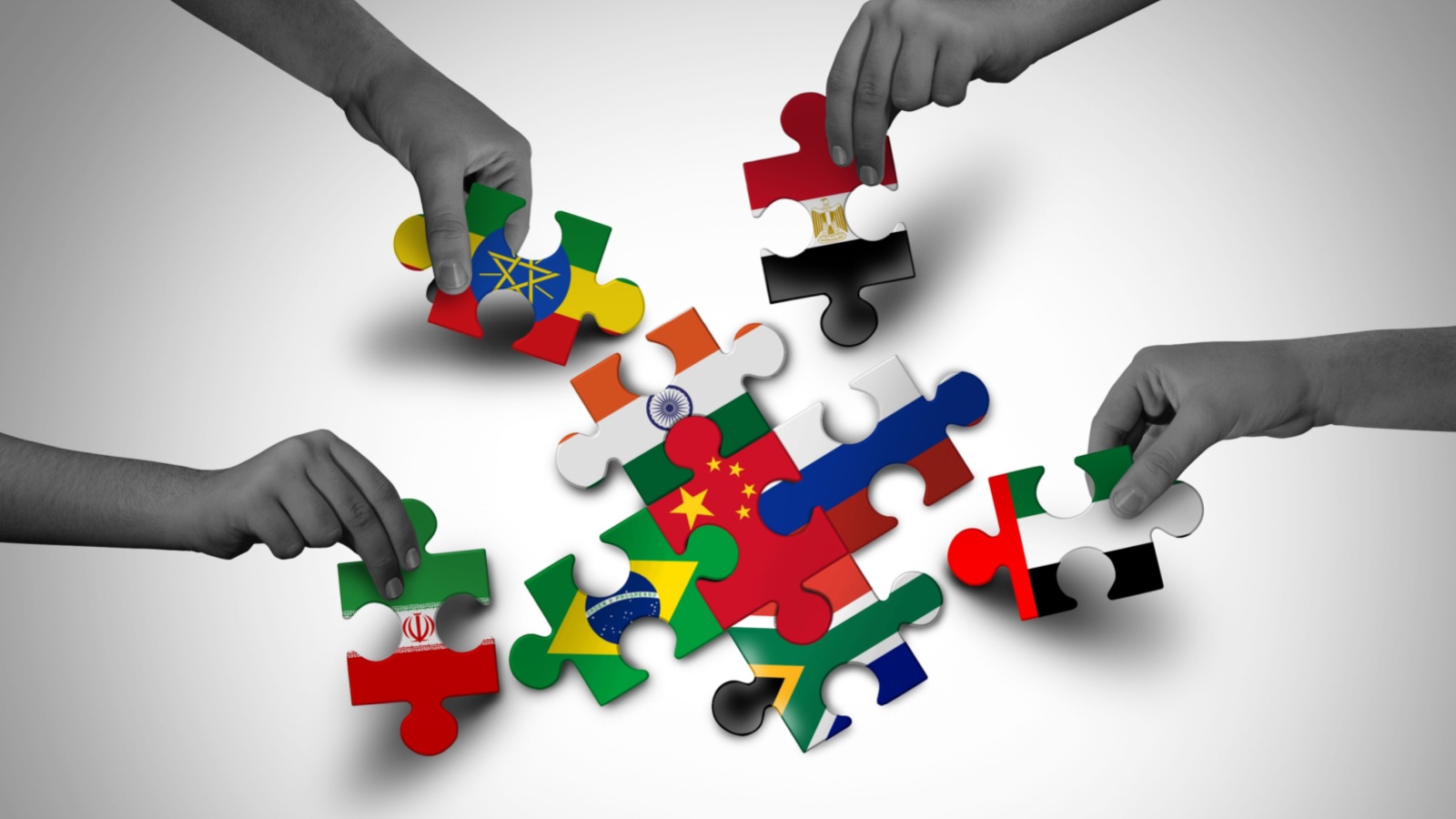
Canada remains firmly committed to multilateral cooperation as a core tenet of its foreign policy. Whether through climate agreements, peacekeeping missions, or humanitarian aid, Canada works within global institutions to solve shared challenges. It champions a rules-based international order, participates in global development initiatives, and supports organizations like the WHO, WTO, and the UN. Rather than pursuing isolation or unilateral actions, Canada prefers inclusive dialogue and collective progress.
Abundant Natural Resources

Canada is one of the world’s most resource-rich countries, with vast reserves of timber, fresh water, minerals, oil, and natural gas. It ranks among the top global producers of uranium, potash, and nickel, making it critical to clean energy and tech supply chains. These resources are managed under strong regulatory frameworks emphasizing sustainability and Indigenous rights. Canada’s ability to develop and export natural resources responsibly strengthens its economic independence and strategic value to allies. As global demand for ethical and sustainable sourcing grows, Canada’s resource wealth, combined with its environmental responsibility, gives it a significant advantage in shaping future global markets.
Global Reputation for Peacekeeping
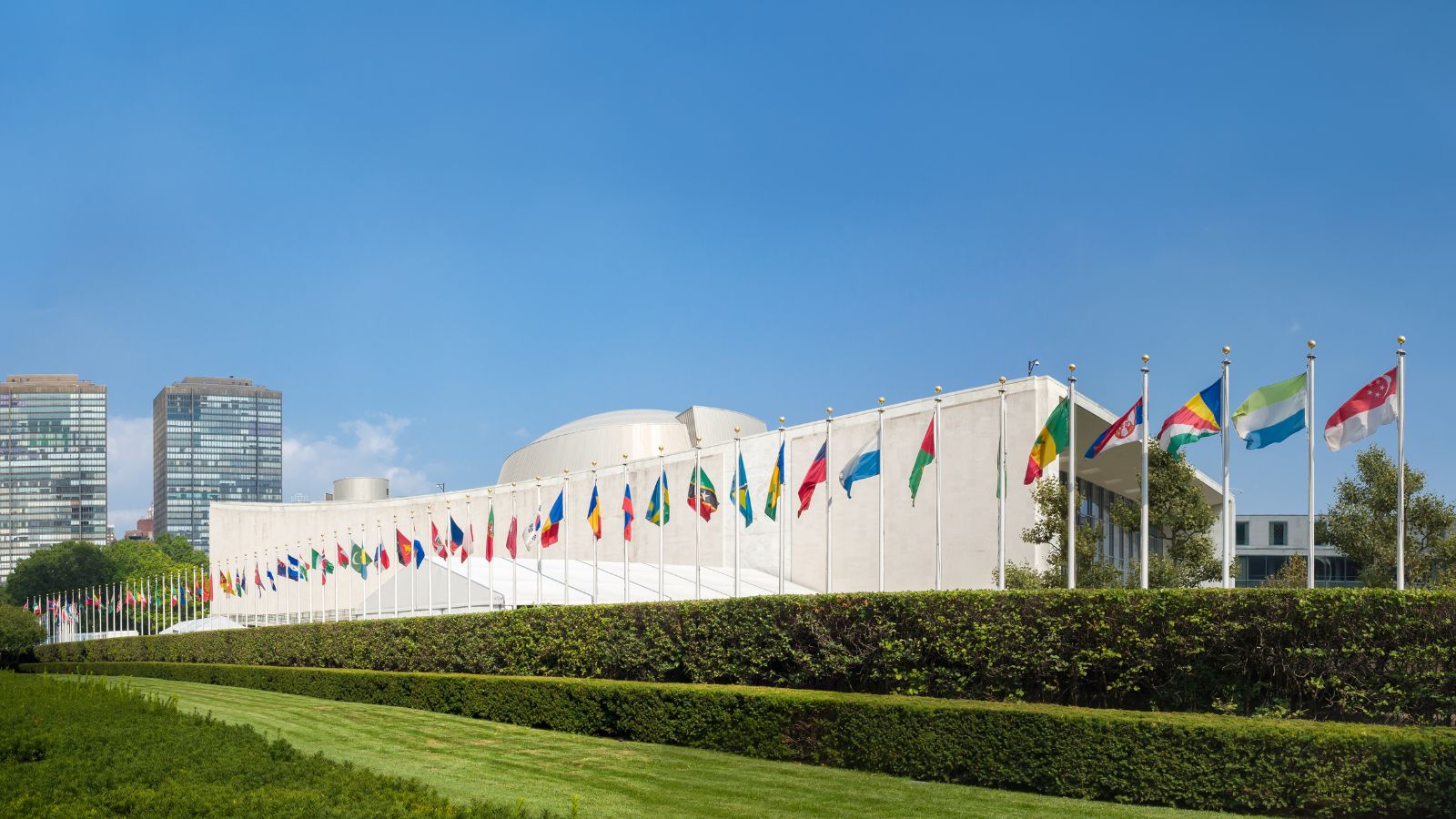
Canada has long held a respected position in international peacekeeping, contributing personnel and funding to missions led by the United Nations and other multilateral bodies. From Cyprus to Rwanda, Canadian forces have served in conflict zones to protect civilians and support stability. While the scale of deployments has changed over time, Canada’s commitment to diplomacy, mediation, and humanitarian support remains steady. The country often ranks among the most trusted globally, seen as an impartial actor motivated by human rights and global well-being.
Leadership in Clean Energy Innovation
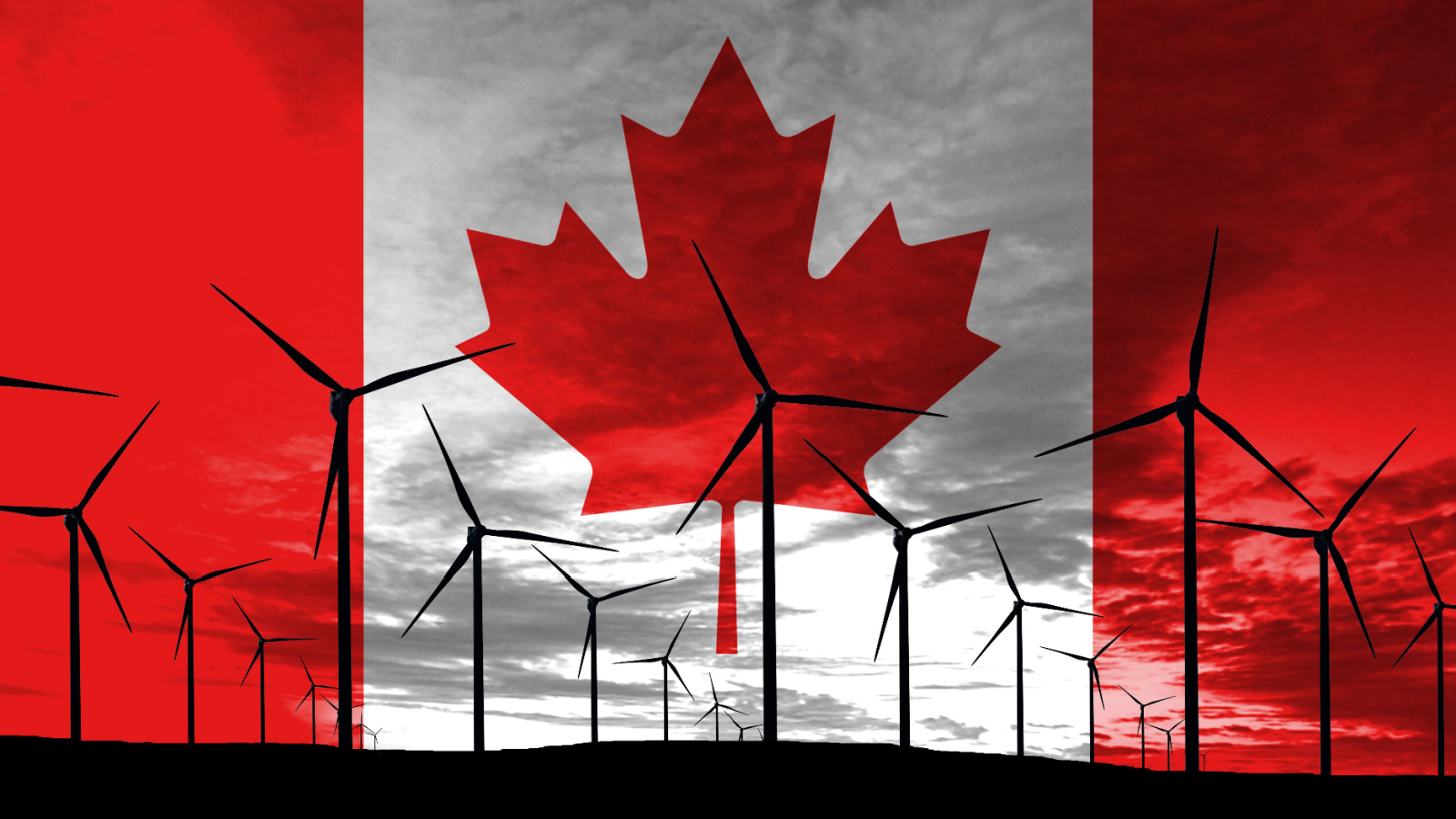
Canada is emerging as a leader in clean energy innovation, investing in wind, solar, hydro, and hydrogen technologies. With over 60 percent of its electricity generated from hydro alone, it already ranks among the cleanest power grids globally. The federal government and provinces are funding green startups, electric vehicle infrastructure, and carbon capture initiatives. Canada also exports clean technology and partners with other nations to accelerate the global energy transition. As demand for climate solutions intensifies, Canada’s expertise in renewable energy and commitment to emissions reduction enhance its standing as a forward-thinking global player ready to shape a sustainable future.
Highly Skilled and Educated Workforce

Canada consistently ranks among the most educated countries in the world, with over 60 percent of adults holding post-secondary credentials. Its universities and colleges produce talent across fields including engineering, healthcare, finance, and technology. Public investment in education and training ensures that the workforce is continually equipped for the evolving needs of industries. Canada also attracts international students who often stay and contribute to the economy. This concentration of knowledge, adaptability, and multicultural experience gives Canadian businesses a competitive edge.
Welcoming Immigration Policies

Canada is recognized globally for its open and structured immigration system, which emphasizes skilled migration, family reunification, and humanitarian support. Programs such as Express Entry and the Provincial Nominee Program enable qualified professionals to settle quickly and integrate into the labor market. Refugees and newcomers have access to services such as language training, housing support, and public healthcare. In contrast to many countries with restrictive immigration climates, Canada’s approach promotes inclusion and long-term growth.
Thriving Tech and AI Sectors

Canada’s tech industry has experienced rapid expansion, with cities such as Toronto, Vancouver, Montreal, and Waterloo emerging as global innovation hubs. The country is a leader in artificial intelligence research, with renowned institutions like the Vector Institute and MILA contributing to breakthroughs in machine learning and data science. Government support, competitive tax credits, and a deep pool of skilled workers make Canada an attractive destination for both global tech giants and startups. Ethical AI frameworks and responsible innovation are also national priorities. With a growing ecosystem, strong academic partnerships, and an inclusive talent strategy, Canada is shaping the future of technology on a global scale.
Economic Resilience and Banking Stability
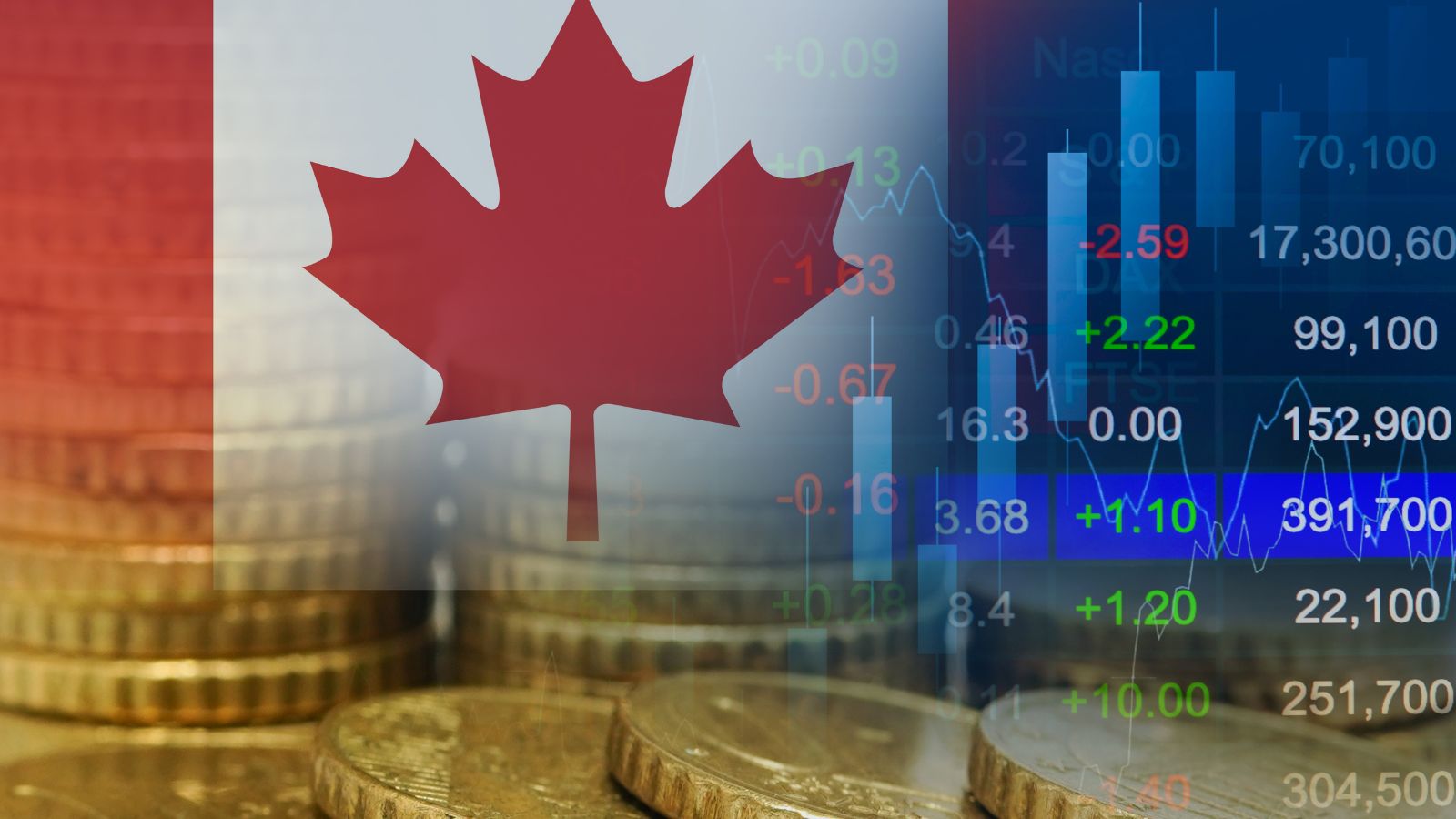
Canada’s economy has demonstrated strong resilience in the face of global financial crises, pandemic disruptions, and commodity market volatility. A key factor is its highly regulated banking sector, which consistently ranks among the world’s soundest according to the World Economic Forum. Canadian banks maintain strict capital requirements and risk controls, reducing the likelihood of collapses seen elsewhere. Prudent fiscal policies and diversified exports also support long-term growth. As global markets become more unpredictable, Canada’s economic model offers stability and reliability, reinforcing its ability to lead by example in maintaining financial discipline while promoting inclusive prosperity.
Transparent Legal and Regulatory Systems

Canada operates within a rule-of-law framework, characterized by an independent judiciary and a transparent regulatory environment. Legal processes are accessible and predictable, which builds investor confidence and protects both domestic and international interests. Strong anti-corruption measures and public accountability further enhance institutional credibility. Canada’s legal system also integrates Indigenous rights, environmental considerations, and international treaties, reflecting a broader commitment to justice.
Focus on Climate Action and Sustainability

Canada has made climate change a central policy issue, with federal and provincial governments committing to reducing emissions, expanding clean energy, and investing in green infrastructure. It was one of the first countries to implement a national carbon pricing strategy and continues to fund innovation in renewables, electric transportation, and nature conservation. Public awareness and corporate responsibility are also driving sustainable practices across sectors. Canada’s approach strikes a balance between economic development and environmental stewardship, demonstrating leadership in global efforts to address the climate crisis.
Diverse and Inclusive Society

Canada is one of the most multicultural countries in the world, with more than 450 ethnic and cultural origins represented in its population. Immigration plays a central role in shaping this diversity, supported by public policies that promote inclusion, equity, and anti-discrimination. Religious freedom, LGBTQ+ rights, and gender equality are protected under law and widely respected in social norms. This inclusive environment not only strengthens the social fabric but also enhances global relationships, diplomacy, and innovation. Canada’s embrace of diversity sets an example for peaceful coexistence and collaborative progress in a world increasingly divided by identity politics.
World-Class Public Healthcare System

Canada’s universal healthcare system ensures access to essential medical services for all residents, regardless of income or employment status. Funded through taxes, it eliminates the financial barriers that often prevent early intervention and chronic disease management. Life expectancy and overall health outcomes in Canada consistently rank among the best globally. While there are challenges, such as wait times for certain procedures, the system is widely trusted and supported by the public.
Strong Cultural Exports

Canada punches well above its weight in global cultural influence, exporting music, film, literature, and media content that resonates worldwide. Artists like Drake, The Weeknd, and Margaret Atwood, as well as internationally acclaimed productions like Schitt’s Creek and Turning Red, showcase the country’s creative strength. Government funding for the arts, support for Canadian content through broadcasting regulations, and a rich multicultural base all contribute to this global reach.
Rising Influence in Global Trade Agreements

Canada plays a significant role in shaping international trade through its active participation in major agreements, including CUSMA, CPTPP, and CETA. These partnerships connect Canada to markets across North America, Europe, and the Asia Pacific, giving it a broad global reach. Canada’s reputation for fair negotiation and its commitment to labor rights, environmental protections, and intellectual property standards enhance its credibility in trade diplomacy. As supply chains realign and nations seek stable economic partners, Canada’s balanced trade strategy strengthens its position as a global economic leader and a reliable bridge between diverse trading blocs.
Investments in Research and Development

Canada continues to invest in scientific innovation and technological advancement through public funding, university research programs, and private sector collaboration. Fields like artificial intelligence, clean tech, quantum computing, and life sciences are rapidly expanding, with cities like Toronto, Montreal, and Vancouver emerging as global innovation hubs. Government initiatives such as the Strategic Innovation Fund support long-term R&D, helping startups and established companies scale breakthroughs.
Trusted Diplomatic Presence Worldwide
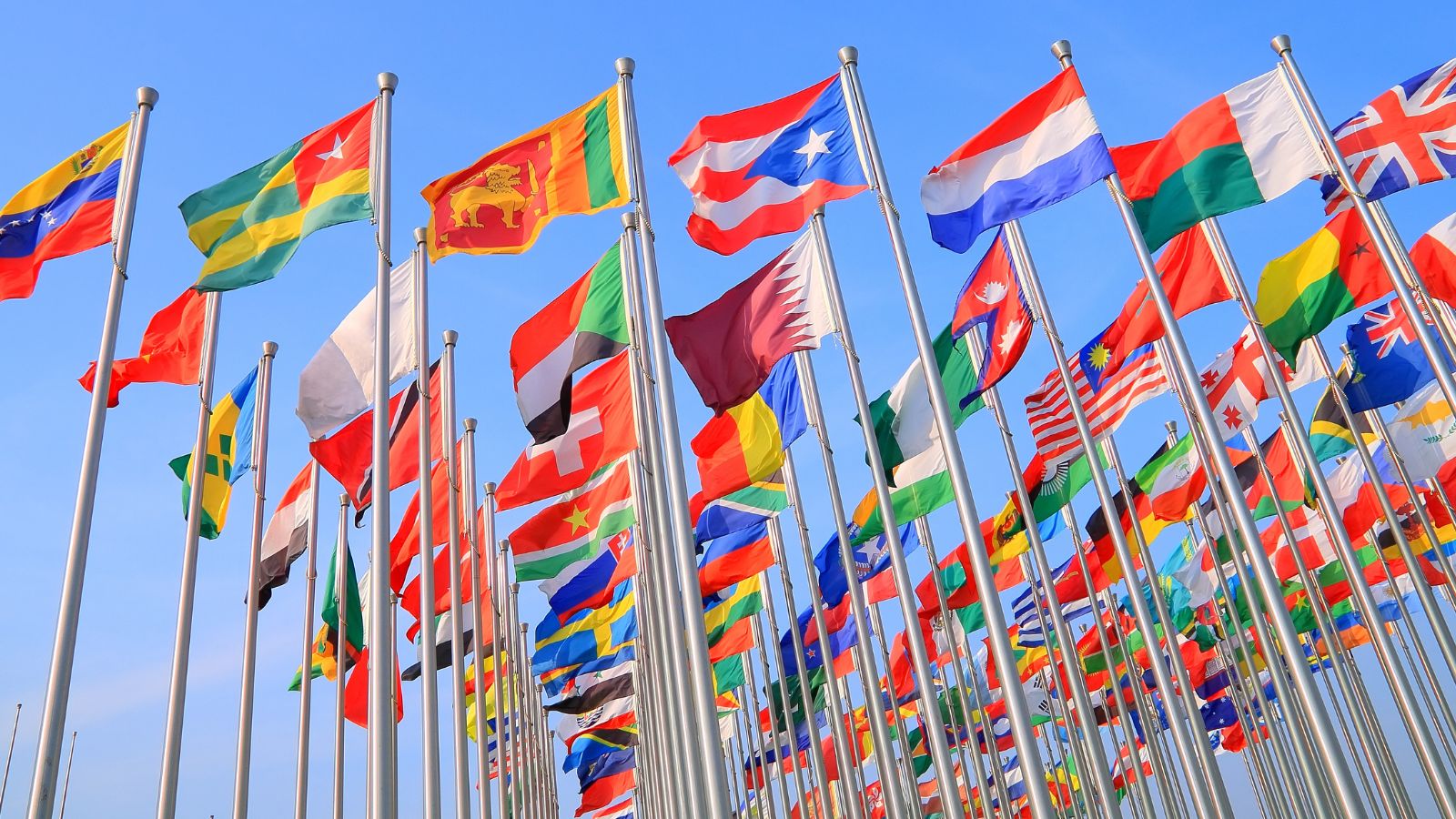
Canada maintains a consistent and respected voice on the world stage through its active diplomacy, peacekeeping efforts, and development aid. It is a member of key multilateral organizations, including the G7, G20, NATO, and the Commonwealth, and frequently serves as a mediator in global conflicts and negotiations. Canada’s foreign policy emphasizes human rights, environmental responsibility, and international cooperation. Its on-aggressive stance and commitment to a rules-based order make it a preferred partner in many global forums.
Indigenous Reconciliation Efforts
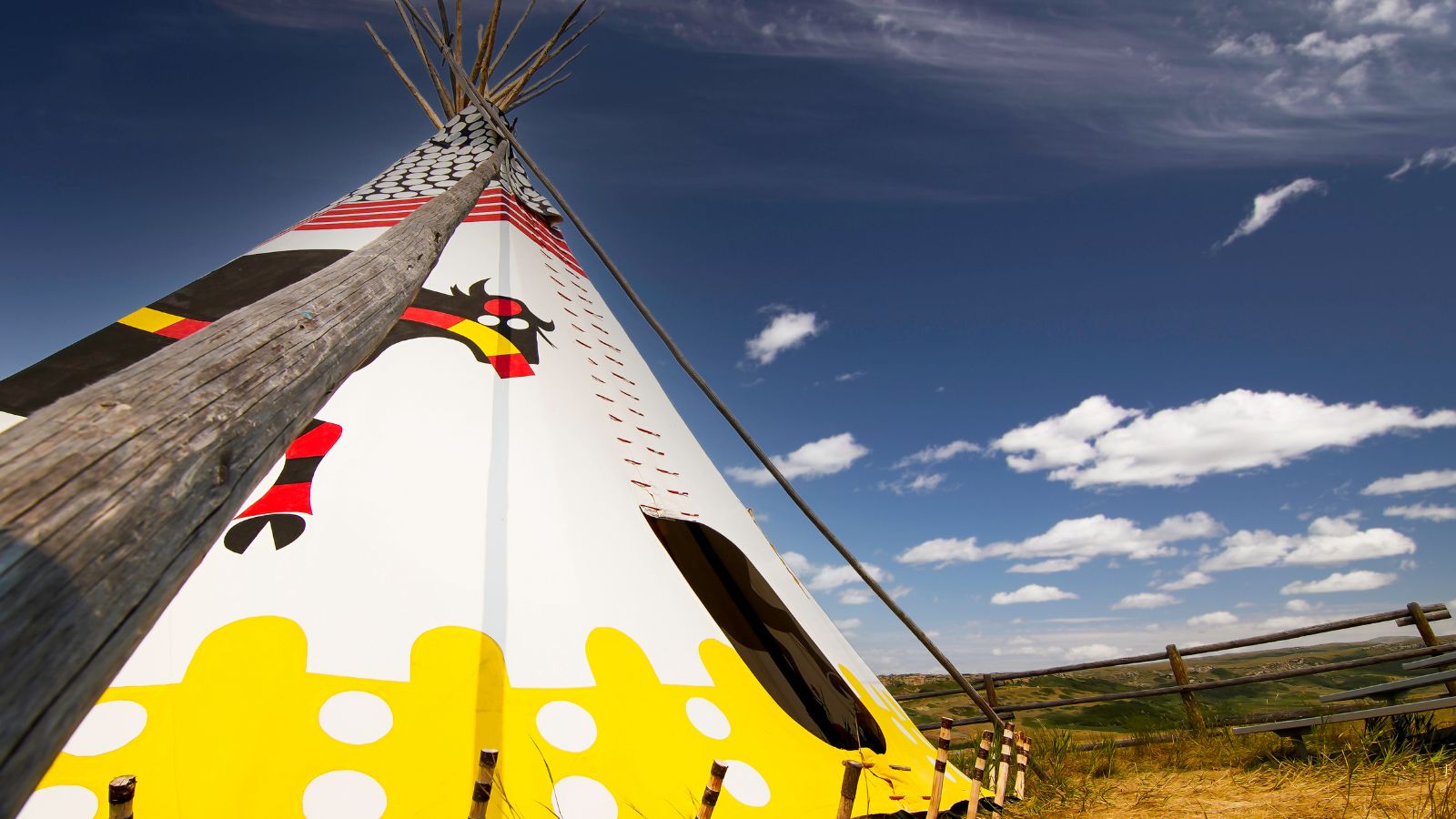
Canada has taken significant steps toward acknowledging and addressing the historical injustices faced by Indigenous communities. The Truth and Reconciliation Commission laid out 94 Calls to Action, prompting nationwide efforts in education reform, cultural preservation, land recognition, and legal equity. While challenges remain, the government has increased funding for Indigenous health, infrastructure, and language revitalization. Ongoing partnerships and consultations with Indigenous leaders aim to shape policies that reflect mutual respect and autonomy, fostering a collaborative approach.
Urban Centers as Innovation Hubs

Cities like Toronto, Vancouver, Montreal, and Waterloo have become hotbeds of innovation, attracting talent, capital, and research from across the world. These urban centers support thriving ecosystems in technology, finance, artificial intelligence, and green infrastructure. Government incentives, access to world-class universities, and a high quality of life contribute to their global appeal. Collaboration between public institutions and private companies drives sustainable economic growth.
Safety and Quality of Life Rankings

Canada consistently ranks among the top countries in terms of safety, healthcare, education, and overall quality of life. Cities such as Calgary, Toronto, and Ottawa frequently appear in global rankings of livability. Low crime rates, political stability, and a robust social safety net contribute to a secure and fulfilling environment for residents and newcomers. Access to clean air, natural spaces, and public infrastructure further enhances daily life. This strong foundation not only attracts skilled immigrants and investors but also reinforces Canada’s reputation as a model society for balanced and prosperous living.
Progressive Gender Equality Policies

Canada promotes gender equality through comprehensive legislation, inclusive workplace practices, and targeted government programs. Parental leave policies support both parents, while pay equity laws help close the gender wage gap. Women hold prominent roles in politics, business, and public service, with increasing representation across leadership levels. The federal government applies a gender lens to budgeting and policy decisions to ensure equitable outcomes. These progressive measures reflect a long-term national strategy that positions gender equality not as an aspiration but as a standard, contributing to Canada’s reputation as a forward-thinking and just society.
Low Corruption and High Government Accountability

Canada is consistently ranked among the world’s least corrupt countries, with transparent institutions, a free press, and independent oversight bodies. Public officials are held to high ethical standards, and mechanisms like open data portals, access to information laws, and watchdog agencies help ensure accountability. Citizens have avenues to voice concerns and influence policy, reinforcing public trust. This level of governance stability enhances investor confidence, strengthens democracy, and differentiates Canada from countries where corruption undermines development and international cooperation.
Commitment to Human Rights and Freedoms

Canada’s Charter of Rights and Freedoms guarantees civil liberties and forms the foundation of its democratic values. The country leads in protecting LGBTQ+ rights, freedom of expression, and religious tolerance. Canada also actively defends these rights on the global stage, advocating for oppressed groups through diplomacy and humanitarian aid. Domestic policies focus on building an inclusive society by addressing systemic discrimination and supporting marginalized communities.
Strategic Geographic Positioning
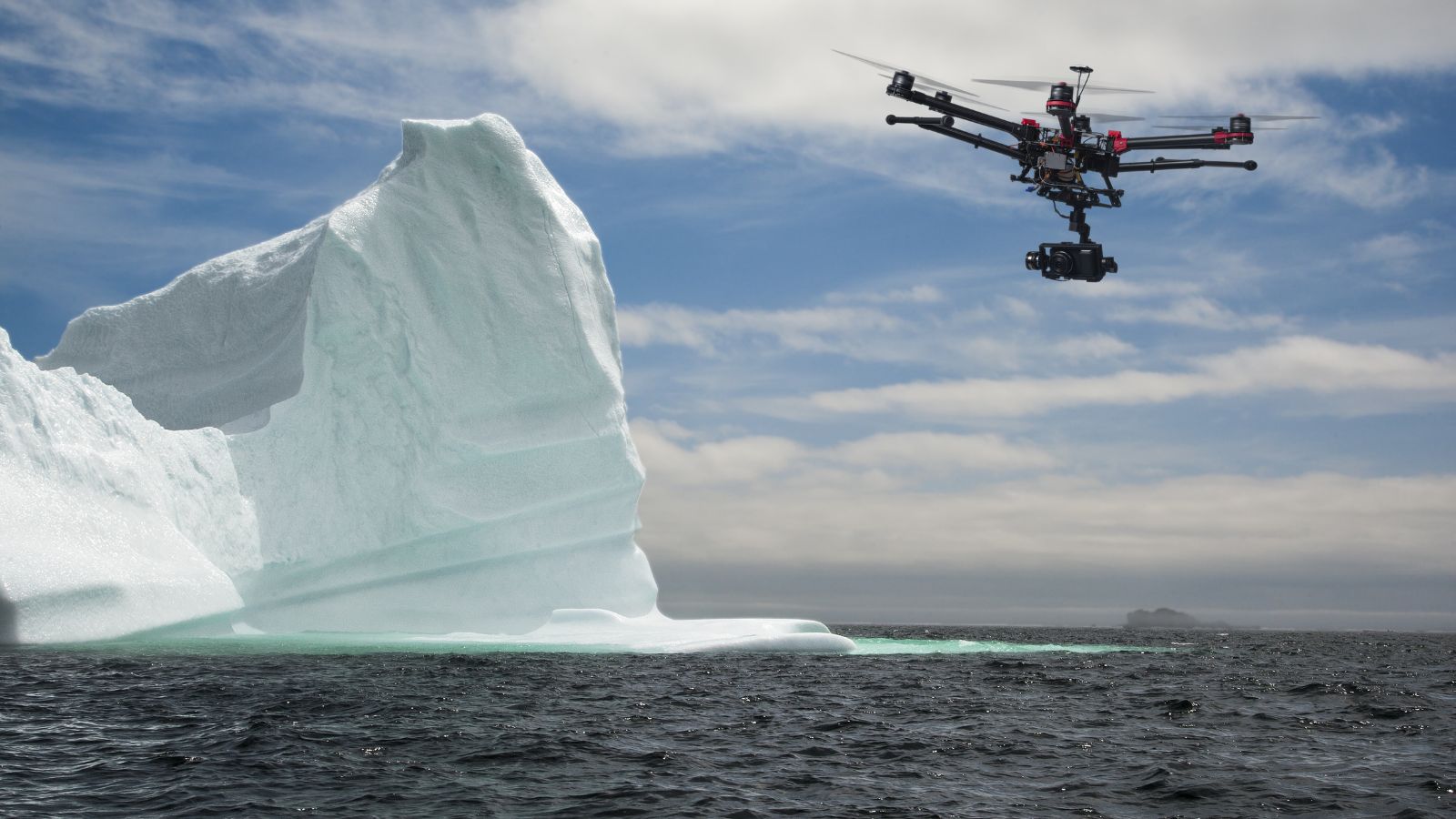
Situated between the Atlantic and Pacific Oceans and sharing the world’s longest undefended border with the US, Canada is a strategic bridge between global markets. Its access to Arctic shipping lanes, strong trade ties with North America, and participation in Pacific and European trade agreements amplify its economic influence. With its deepwater ports, stable infrastructure, and international connectivity, Canada is well-positioned to serve as a gateway for global commerce. This geographic advantage, combined with political stability, enables Canada to emerge as a key player in shaping international trade and security dynamics.
21 Products Canadians Should Stockpile Before Tariffs Hit

If trade tensions escalate between Canada and the U.S., everyday essentials can suddenly disappear or skyrocket in price. Products like pantry basics and tech must-haves that depend on are deeply tied to cross-border supply chains and are likely to face various kinds of disruptions
21 Products Canadians Should Stockpile Before Tariffs Hit
